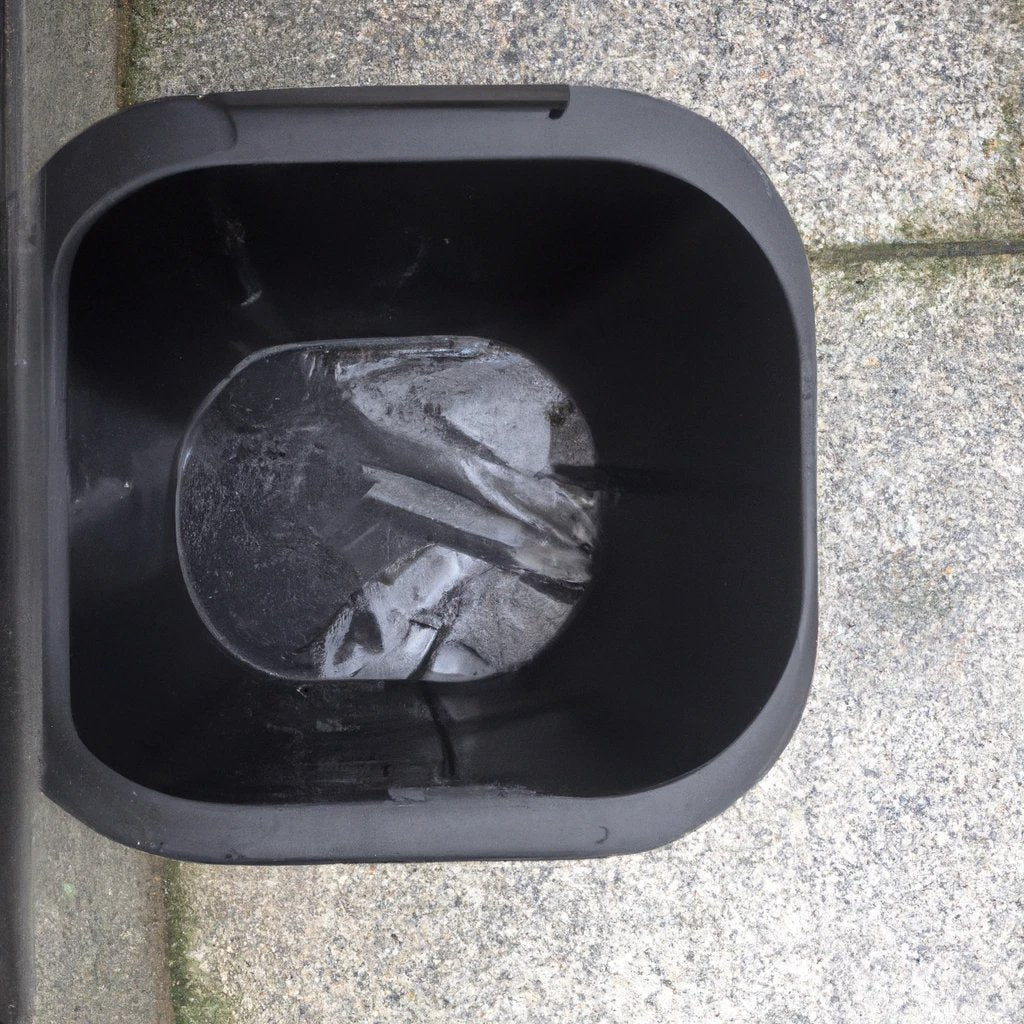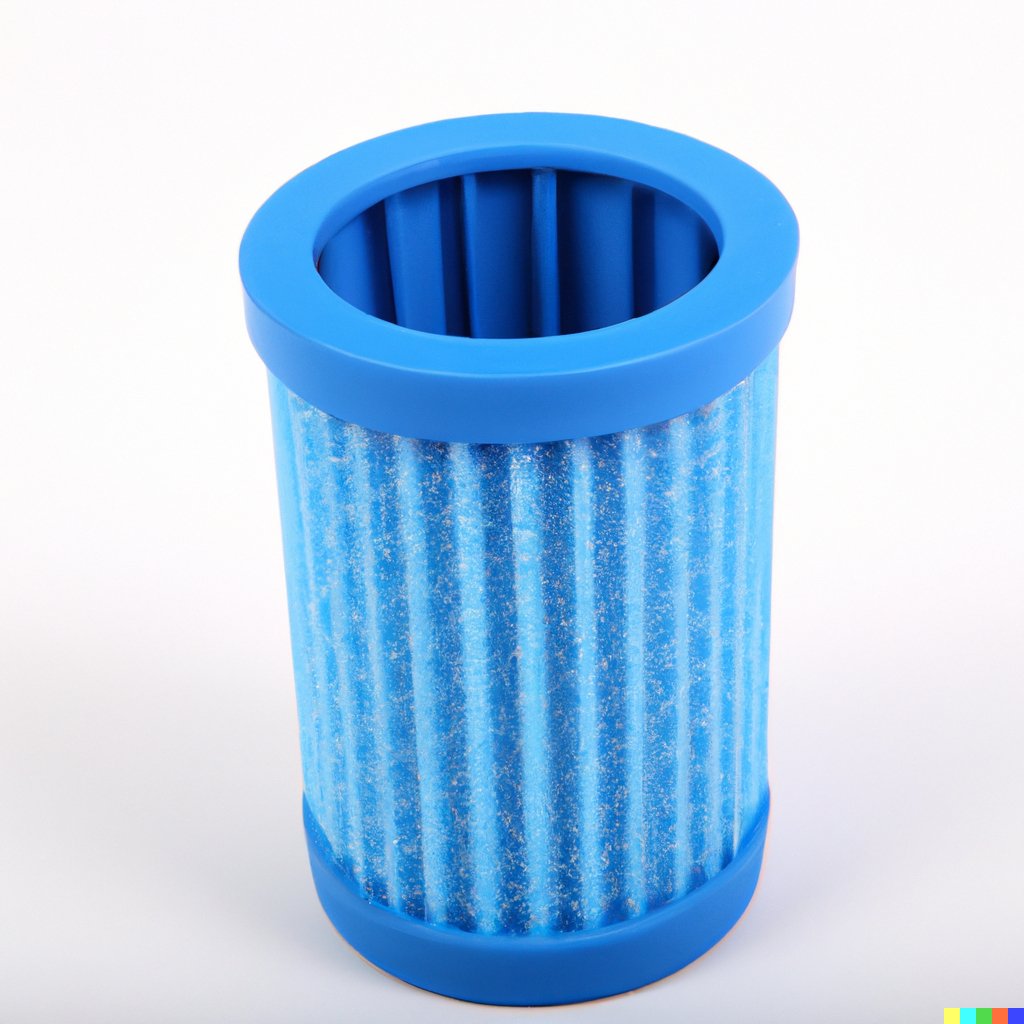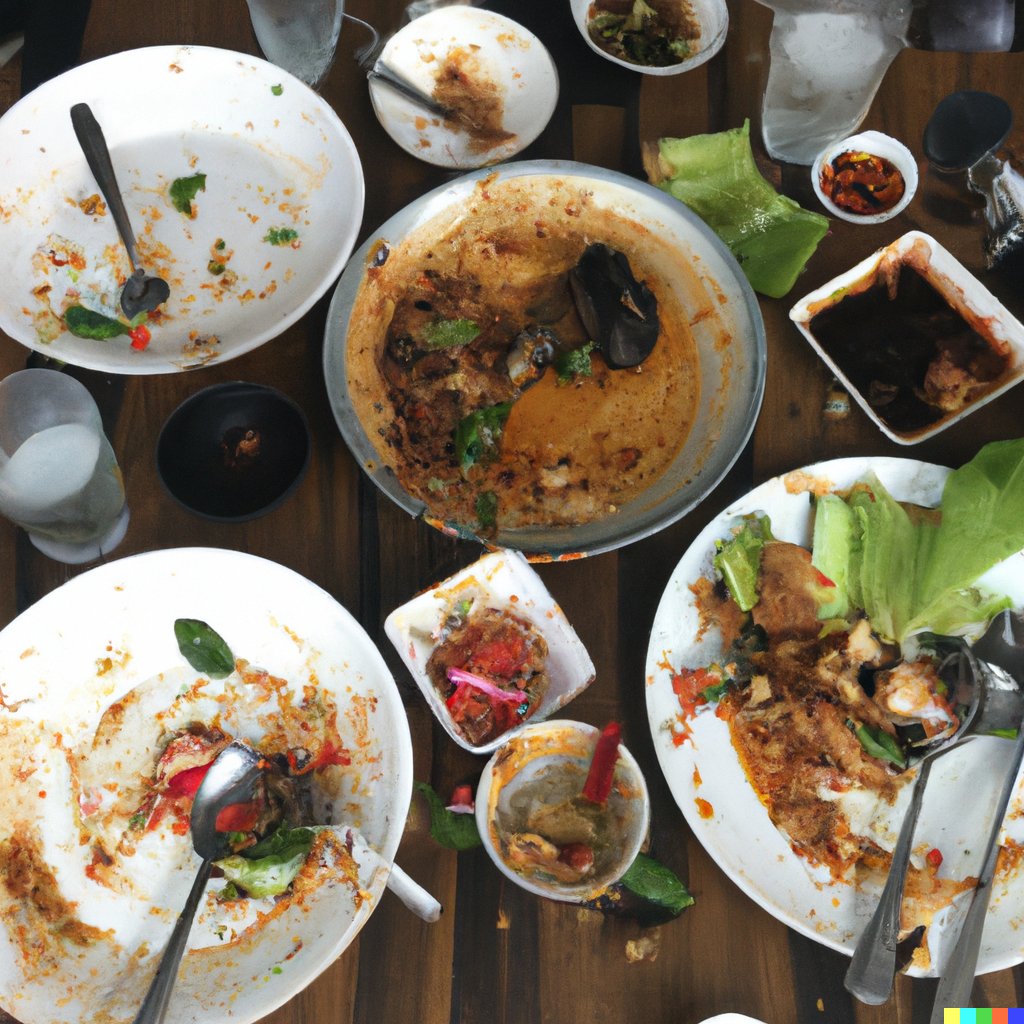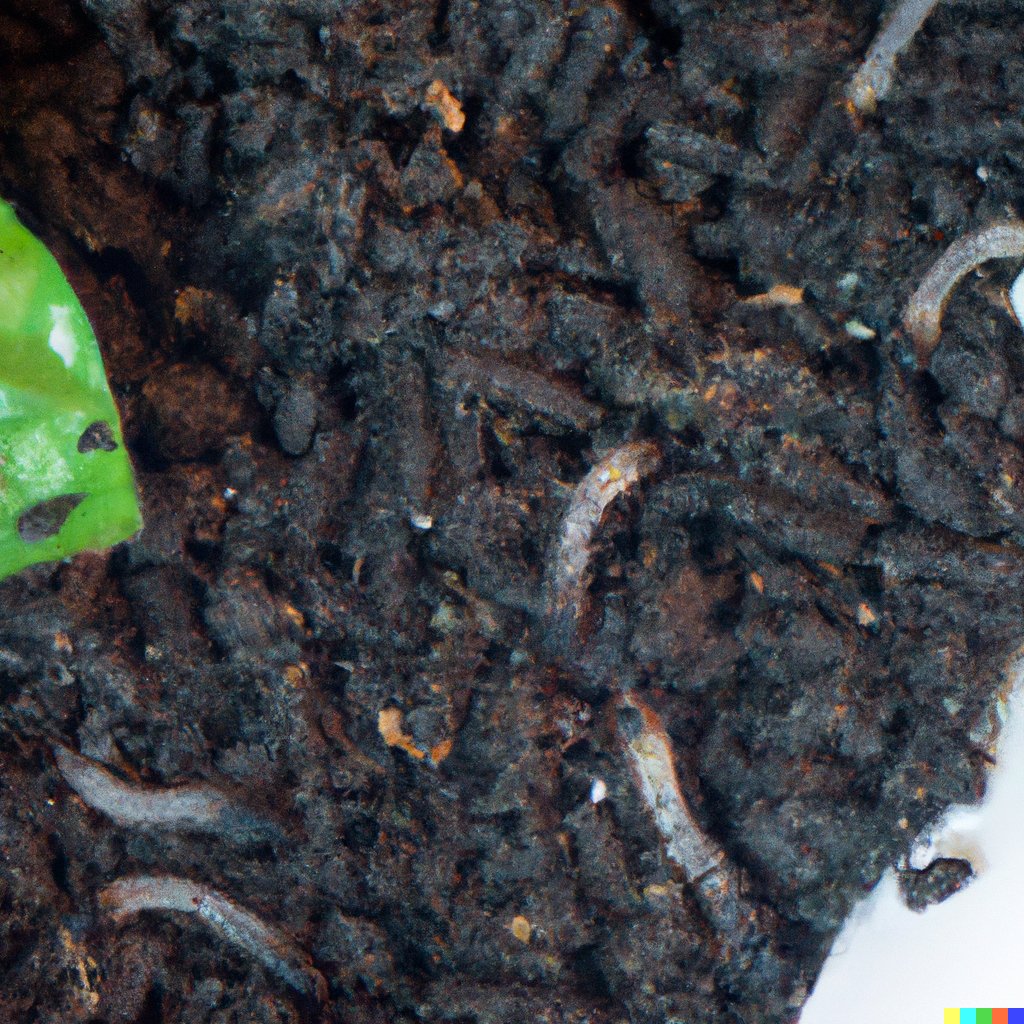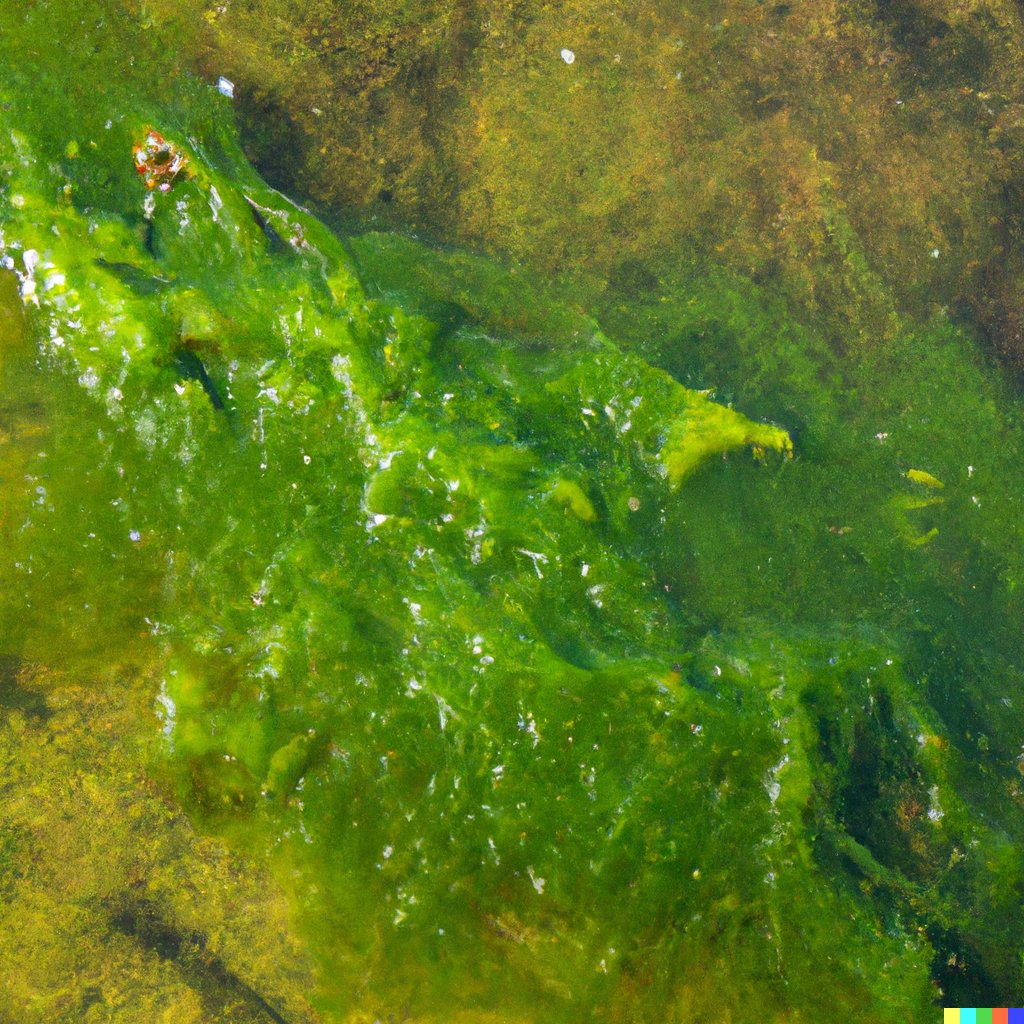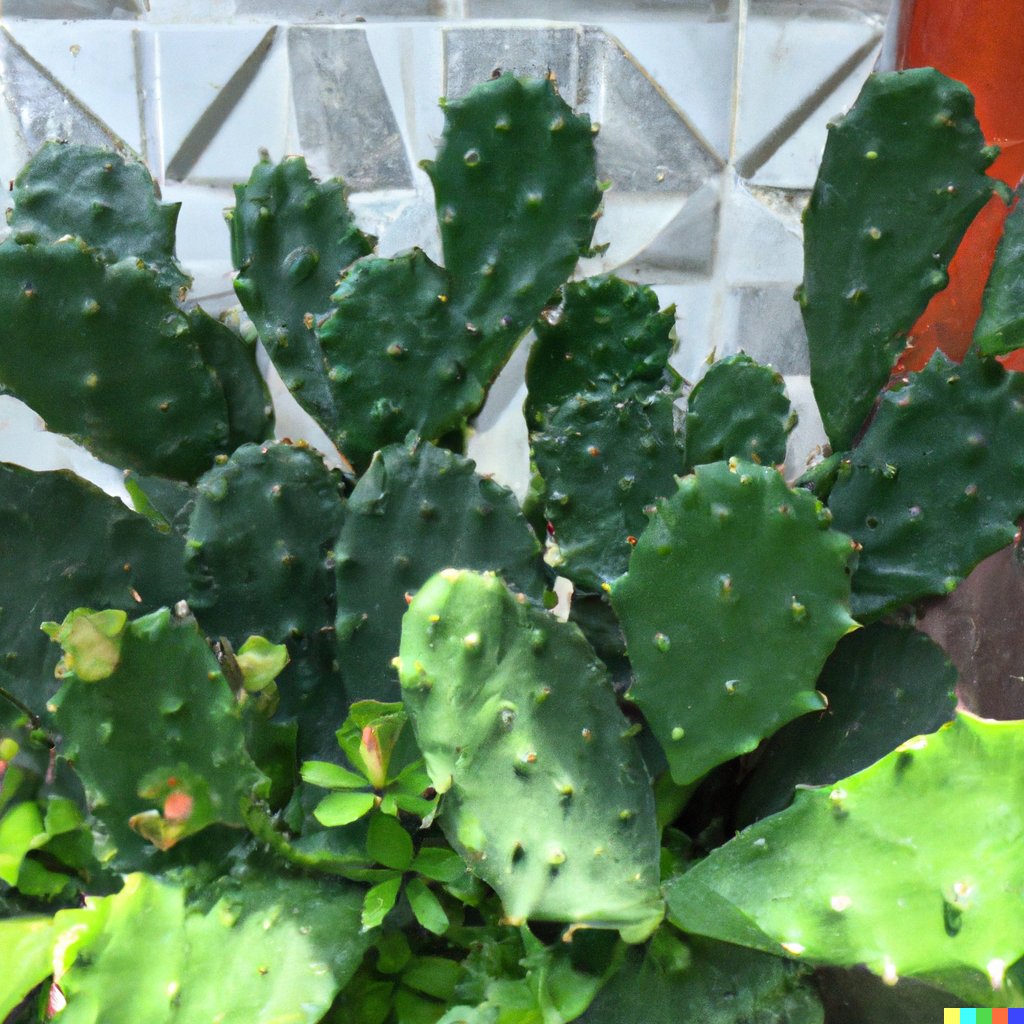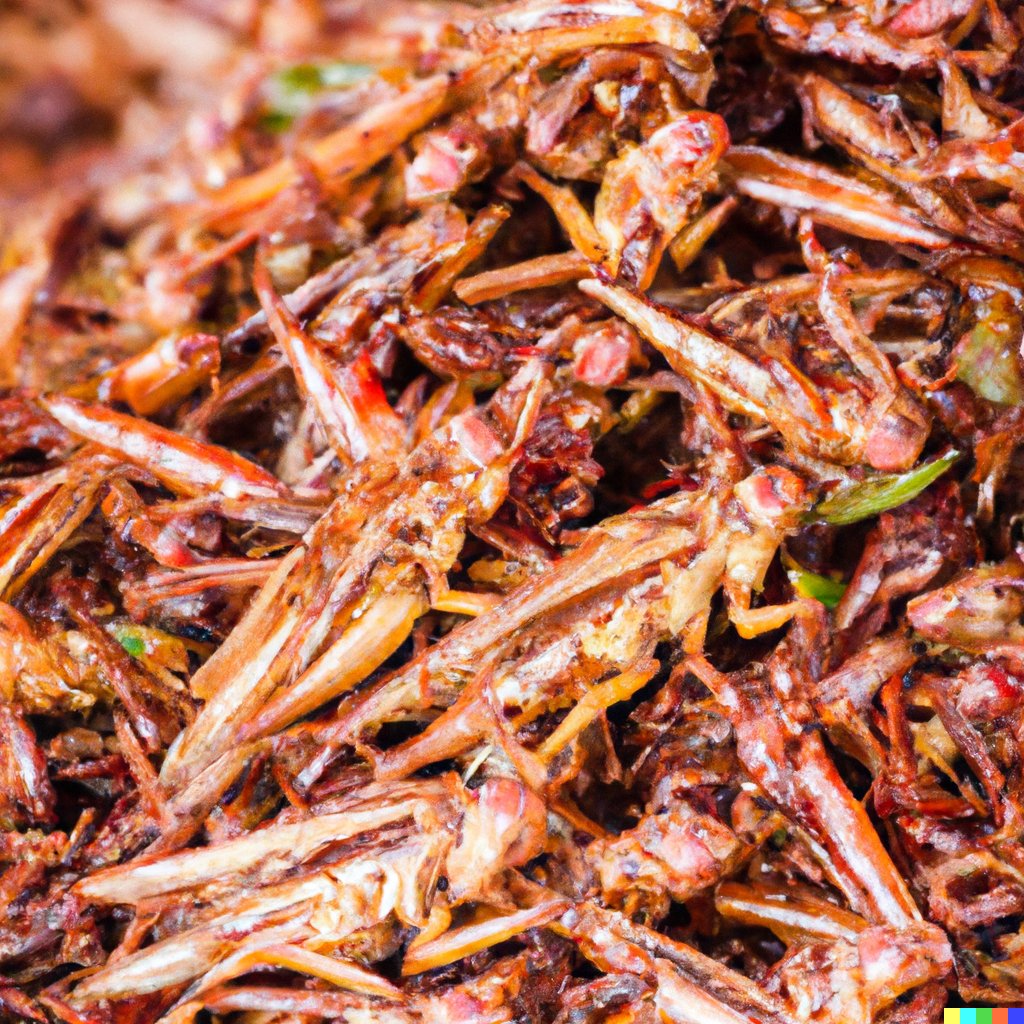
Welcome to the world of bees - the tiny but mighty creatures responsible for pollinating one-third of our food supply. However, these important insects are facing serious threats, with their populations declining at an alarming rate. If you care about the future of our food and our environment, then this article is for you. Through simple dietary changes, we can all play a role in saving the bees and preserving our ecosystem. Are you ready to learn how? Let's dive in.
Understanding Bee Pollination and Food Production
Bee Pollination and Food Production: A Comprehensive Overview
Comprehend the vital role of bee pollination in crop fertilization, seed production, and plant reproduction. This is essential to maintain agricultural biodiversity.
Bee pollination is intricate and intricate in its relationship with food production. Here is a comprehensive overview:
|
Category |
Description |
|
Crop Fertilization |
Bees are fundamental in fertilizing crops. |
|
Seed Production |
Bees assist in producing high-quality seeds. |
|
Plant Reproduction |
Bee pollination guarantees successful reproduction. |
|
Agricultural Biodiversity |
Bee pollination helps keep biodiversity in agriculture. |
Honeybees are not the only bees involved in pollination. Other species such as bumblebees, solitary bees, and wild bees also contribute significantly.
Let's support bee populations and secure our food supply for future generations. To do this, we must protect our environment by promoting bee pollination through a healthy diet with fruits, vegetables, and other pollinator-friendly foods. We must also reduce the use of pesticides that are killing off bees faster than a nap during a boring lecture.
Dangers of Pesticides to Bees
Pesticides and Their Adverse Effects on Bees
Pesticides are a serious menace to bee health and wellbeing. Exposure to these chemicals, particularly neonicotinoids, can cause various harmful effects on these important pollinators. These include navigation problems, weakened immunity systems, and environmental contamination.
Neonicotinoid impact is a major worry for bees. These neurotoxic pesticides mess with the central nervous system, leading to worse navigation. This makes it hard for workers to find food and make it back to their hives. This disrupts bee colonies' survival.
Pesticide exposure also weakens bees' immune systems. This makes them more prone to diseases and infections, and therefore increases mortality rates. Limiting pesticide use is key to safeguarding bee health and resilience.
Environmental contamination caused by pesticides affects not only bees, but also other beneficial insects and wildlife. Pesticide residue can stick around in soil and water for long periods, causing widespread ecological damage. This emphasizes the need for sustainable agricultural practices that reduce pesticide use.
As time passes it's become increasingly evident that pesticides have a bad effect on bees. Extensive scientific research has documented the consequences of pesticide exposure. This has alarmed environmentalists and sparked calls for tighter regulation in pesticide use.
In conclusion, pesticides are a major danger to bees globally. They interfere with navigation and immunity, which hinders their vitality and survival. Environmental contamination caused by these chemicals further complicates protecting fragile ecosystems that depend on bees. It is essential to prioritize bee protection and adopt sustainable farming practices to minimize their exposure to toxic pesticides. Organic farming is a great solution: bees get VIP treatment, and pesticides are banned.
Promoting Bee Health through Organic Farming
Supporting Bee Health with Sustainable Agriculture!
We can avoid synthetic pesticides through natural pest and disease control, reducing exposure to harmful chemicals.
We can also implement bee-friendly measures like providing flowers, water sources and suitable habitats.
Organic produce can be grown without synthetic fertilizers, GMOs or pesticides.
Eco-friendly farming includes composting, crop rotation and conserving water too!
These practices promote healthier bee populations and an integrated approach is key.
The Journal of Applied Ecology published a study that organic farming safeguards bee health.
Without bees, we'd have to hand-pollinate our food. Ugh, that would be an awful mess!
Bees' Crucial Role in Nutritious Food Cultivation
Bees have a vital part in today's farming. Without them, pollinating fruits and vegetables would be hard. This would lead to a decrease of crop variety and dependence on low-nutrition food. Their role is essential for bee-driven agriculture and for a healthy diet.
The table below shows some of their importance in nutrient food production:
|
Aspects |
Importance |
|
Pollination |
Needed for fruit and vegetable growth |
|
Crop Diversity |
Vital for diverse agricultural systems |
|
Nutritional Food |
Supports the production of nutrient-rich crops |
|
Bee-driven Agriculture |
Allows for sustainable farming |
|
Healthy Diet Support |
Fosters wholesome food options |
Plus, bees can adapt to different environments, rely on a variety of pollen sources and help with seed production.
An organic farmer had a decline in crop yields due to the lack of honeybees. He got the idea to attract bees by planting native wildflowers. His harvest improved considerably, showing how important bees are for healthy farms. Bee populations have gone down, so we can't enjoy honey as much. But at least we still have our kale!
Impact of Declining Bee Populations on Diets
The effects of diminishing bee populations on our diets is far-reaching. With fewer bees, we face issues such as less food options and a lack of nutrient-rich foods. Pollinator-dependent crops need bees for pollination, resulting in a drop in production, impacting dietary health and food supply security.
It is worrying to know that without the indispensable role of bees in pollination, many fruits, vegetables, and nuts would be affected. This could lead to a drop in the availability and variety of these important foods, changing our diet and affecting our wellbeing. The decrease in bee populations is a serious risk to global food safety.
As the requirement for nutrient-dense produce increases due to health concerns, the decline in bee populations aggravates the challenge of having a balanced diet. Nutrient-filled foods are essential for good health, and their scarcity could have bad effects on many aspects of our wellbeing. This shows the necessity for conservation attempts to guard bees' habitats and guarantee their future.
An illustration of the effects of decreasing bee populations can be seen with almond production in California. Almonds rely heavily on honeybees for pollination, with over 80% of commercial almond crops depending on these insects. But, because of honeybee losses caused by factors like habitat loss and pesticide exposure, almond growers have had to rent hives from other states or transport them over long distances to fulfill the pollination demand. This is costly and raises questions about the sustainability of this practice.
In conclusion, declining bee populations present major difficulties for our diets and overall food security. These include reduced food diversity, nutrient-rich food scarcity, and vulnerabilities in our food supply chain. It is essential that we take immediate action to preserve these vital pollinators to guarantee a healthy future. Save the bees and eat healthy! What a great combination!
The Circular Effect of Diet Choices on Bees
A Closer Look at Diet & Its Impact on Bees.
The relationship between diet and bees is a circular one. Our food choices affect bee population & health, and this in turn impacts the food we consume. By picking pesticide-free items, plant-based diets, and reducing harmful agricultural practices, we can help bees.
Circular Effect of Diet on Bees:
|
Column 1 |
Column 2 |
|
Plant-Based Diets |
Bee Health Improves |
|
Pesticide-Free Food |
Expands Crop Variety |
|
Less Harmful Ag Practices |
Pollination Increases |
This circle works like this: Plant-based diets give bees access to nectar and pollen. Healthy bees then contribute to crop diversity through pollination. Reducing harmful agriculture practices, like too much pesticide, also leads to better pollination services by bees, which benefits both their numbers and our diet.
It's not just individual consumption that counts. Choosing what we eat can have wider ecological impacts and support sustainable farming.
Research by UC Davis shows that bees are responsible for pollinating 80% of flowering plants globally. Their importance can't be overstated.
(Source: University of California Davis)
Choose your grub with care - it's the only way to make bees like your diet more than you do.
Selecting Bee-Friendly Foods and Practices
In today's sustainable living era, it's vital to promote bee well-being through food choices and practices. We can help their conservation and support sustainable farming by having bee-friendly consumption patterns.
See the table below for selecting bee-friendly foods and practices:
|
Food Choice |
Bee-Friendly Practice |
|
Organic Food Preference |
Reducing Harmful Pesticides |
|
Local Produce Consumption |
Supporting Beekeeping |
|
Seasonal Food Choices |
Encouraging Natural Pollination |
|
Sustainable Farming Support |
Preserving Ecosystems |
|
Chemical-Free Products |
Minimizing Toxicity |
Besides organic food preference & consuming local produce, seasonal food choices enhance natural pollination. Supporting sustainable farming helps keep valuable ecosystems. Also, chemical-free products minimize toxicity risks for bees and us.
Did you know? A University of California study reveals bees pollinate over 70% of crop species worldwide.
Create a bee-friendly environment at home and they just might bring you honey as a thank you gift!
Creating a Bee-Friendly Environment at Home
Making a Perfect Home for Bees
- Garden with bee-attracting plants to give them a variety of food.
- Refrain from using harmful chemicals that can hurt the bees.
- Plant flowers with different blooms to give them a constant food supply.
- Add features like bee houses, water, and undisturbed places to support them.
Maximizing the Bee-Friendly Environment
- Increase your garden's range with lots of flowering plants that bloom all year.
- Tip: Plant native wildflowers as they produce better nectar and draw more bees.
Surprise! You can wear a beekeeper suit and help the environment at the same time!
Sustainable Beekeeping and Apiary Management
Sustainable beekeeping and apiary management is essential for colony health and well-being. It focuses on ethical practices, natural bee care, honeybee conservation, and responsible hive management for long-term sustainability.
Here's a breakdown of the key aspects:
|
Ethical Beekeeping Practices |
Essential for colony health and well-being. |
|
Natural Bee Care |
Minimizes stress on bees and promotes natural behavior. |
|
Honeybee Conservation |
Protects endangered species and preserves biodiversity. |
|
Responsible Hive Management |
Prevents diseases and pests, and promotes a balanced ecosystem. |
In addition, sustainable beekeeping includes organic pest control, diverse forage options for bees, and regular hive health inspections. These efforts help preserve pollinators and ensure food system sustainability.
Pro Tip: Educate yourself about best practices to keep your apiary management in top shape. But remember, climate change is a real buzzkill for bees!
Climate Change Impacts on Bee Health
Climate Change's Impact on Bee Health
Global warming is causing changes in weather patterns that are negatively affecting bees. These environmental stressors disrupt foraging behavior, leading to a decline in bee populations.
Fluctuations in temperature affect the availability of flowering plants, essential sources of nectar and pollen. This can cause food scarcity, damaging the health and development of bee colonies.
Extreme events, like heatwaves or heavy rains, can destroy bee habitats, including nesting sites and natural shelters. This affects the reproductive success and longevity of bee populations, making it harder for them to thrive.
To protect bee health from climate change, conservation efforts should focus on their habitats. Planting diverse native flora and reducing pesticide use supports bee populations by providing food and preventing exposure to chemicals.
By understanding and addressing climate change's unique challenges, we can save vital pollinators from further decline. Promoting ecological awareness and adopting environmentally responsible practices create healthy ecosystems that sustain bees and humans.
Engaging in Bee Conservation Initiatives
Take part in bee-saving activities!
- Join programs from bee conservation organizations.
- Spread the word about bees and their importance.
- Help restore habitats for them to live in.
This contributes to eco-friendly action and ensures the future of these important pollinators. Oh, and FYI - bees don't seem to like Beyoncé very much.
Factors Affecting Bee Decline: What are the main reasons for the decline in bee populations?
The population of bees has been declining due to various factors. One key reason is the impact of this decline on agricultural production. Finding ways to attract bees to gardens is also essential for their reproductive cycle. Making sustainable food choices that benefit bees provides them with nutrition and supports their health. Bees have more than just the role of pollinators, they are also important for nutrient cycling. Pesticides and habitat loss due to urbanization are partly responsible for the decline. Thus, protected areas need to be established, organic farming promoted, and public participation encouraged to save bee habitats. Collaboration and collective action on a global scale must be done to reverse this alarming trend.
What is the connection between eating healthy and saving bees?
Eating healthy and consuming plant-based foods directly supports the pollination process, which is essential for the survival of bees. By choosing to eat healthy, we can help provide a diverse and nutrient-rich environment for bees, aiding in their survival and protecting them from the effects of harmful pesticides.
Why is it important to save bees?
Bees play a crucial role in our ecosystem by pollinating plants, which helps produce food for both humans and animals. They also contribute to the growth and regeneration of various plant species, making them essential for the overall health of our planet.
How can I incorporate bee-friendly foods into my diet?
You can incorporate bee-friendly foods into your diet by opting for organic, locally-grown produce, as well as choosing plant-based foods such as fruits, vegetables, nuts, and seeds. By supporting organic farming practices, you are also supporting the well-being of bees.
Are there any specific foods that are particularly beneficial for bees?
Yes, there are several foods that are known to be beneficial for bees, including fruits such as apples, pears, and strawberries, as well as vegetables like broccoli, cauliflower, and squash. Herbs and spices such as sage, thyme, and oregano are also great options.
What are some other ways to support bee conservation?
In addition to incorporating bee-friendly foods into your diet, you can also support bee conservation by creating a bee-friendly habitat in your garden, avoiding the use of harmful pesticides, and supporting local beekeepers. You can also spread awareness about the importance of bees and their role in our ecosystem.
Are there any resources available for those who want to learn more about saving bees through healthy eating?
Yes, there are various online resources available, including websites, articles, and videos that provide comprehensive information on how eating healthy can help save bees. You can also reach out to local beekeeping organizations or environmental groups for more information and resources.
Conclusion:
Supporting bee health and populations is intrinsically linked to our food choices and practices. By understanding the critical role of bees in pollinating our food sources and recognizing the threats they face, we can make more informed and sustainable decisions. Choosing organic and locally sourced foods, creating bee-friendly habitats, engaging in sustainable beekeeping practices, and supporting bee conservation efforts are all ways we can contribute to the well-being of these vital pollinators. Through these actions, we not only protect bees but also ensure the continuation of diverse and nutritious food production for ourselves and future generations.







